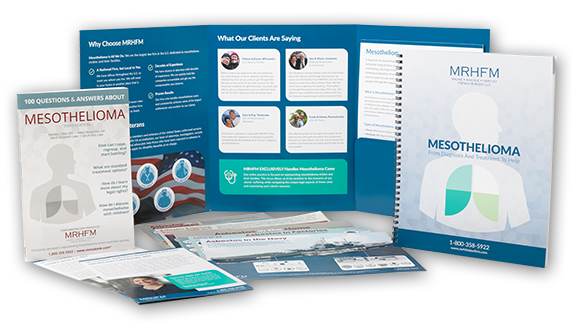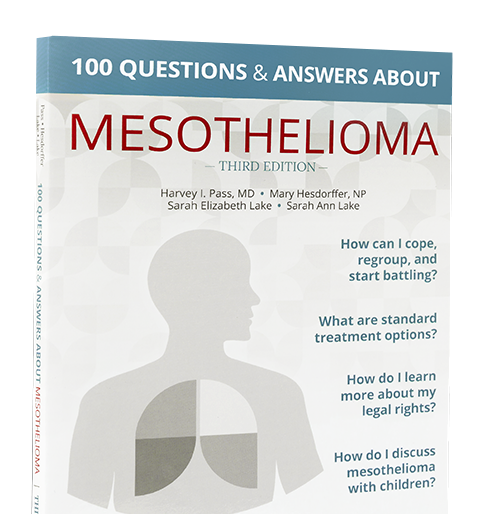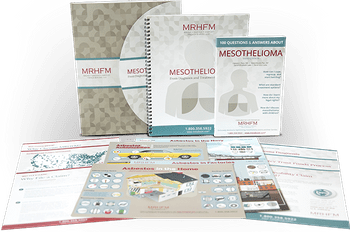A new study led by Dr. Ethan Basch of the University of North Carolina Comprehensive Cancer Center says that faster communication between patients and nurses could increase survival for cancer patients. The study involved 766 people being treated for various types of advanced cancers at Memorial Sloan Kettering Cancer Center (MSKCC). Patients were divided into two groups—usual care or integrated electronic patient-reported outcomes (PROs).
The usual care group received the standard procedure for monitoring symptoms in oncology practice: symptoms were discussed during clinical encounters, and patients could contact the office by telephone between visits for concerning symptoms. The PRO group was provided with an online tool that allowed them to report their symptoms at least once a week—or sooner if they had a problem.
PRO patients were given a list of 12 common symptoms from the National Cancer Institute’s Common Terminology Criteria for Adverse Events. When a patient reported worsening or severe problems, the clinical nurse responsible for their care would receive an immediate email alert. Doctors received the reports at the patients usual office visit. When nurses received email alerts, they responded immediately almost 80 percent of the time. They called in medicines for pain, nausea, and other problems promptly.
According to the study, 22 percent of participants had less than a high school education and 30 percent were computer inexperienced. According to Basch, “the older patients really grabbed onto it very quickly," so the online tool proved easy to use. The median age was 61, with a range of 26-91.
Within six months, health-related quality of life had improved for more of those in the PRO group and they made fewer trips to an emergency room. They also were able to stay on chemotherapy longer — eight months versus six, on average. Median survival in the online group was 31 months versus 26 months for the usual care group. Dr. Basch was “floored” by the results. “We are proactively catching things early with online reporting. Patients were able to stick with treatment longer because their side effects were quickly addressed,” he said.
The study was featured at the cancer group’s annual meeting in Chicago in June and published in the Journal of the American Medical Association (JAMA) on July 11, 2017.
Sources
Basch, Ethan, Allison M. Deal, and Amylou C. Dueck. "Overall Survival Results of a Trial Assessing Patient-Reported Outcomes for Symptom Monitoring During Routine Cancer Treatment." Journal of the American Medical Association (JAMA) 318.2 (2017): 197-98. JAMA Network. Web. 14 July 2017.
Marchione, Marilynn. "Quickly Reporting Cancer Complications May Boost Survival." ABC News. ABC News Network, 04 June 2017. Web. 14 July 2017.





